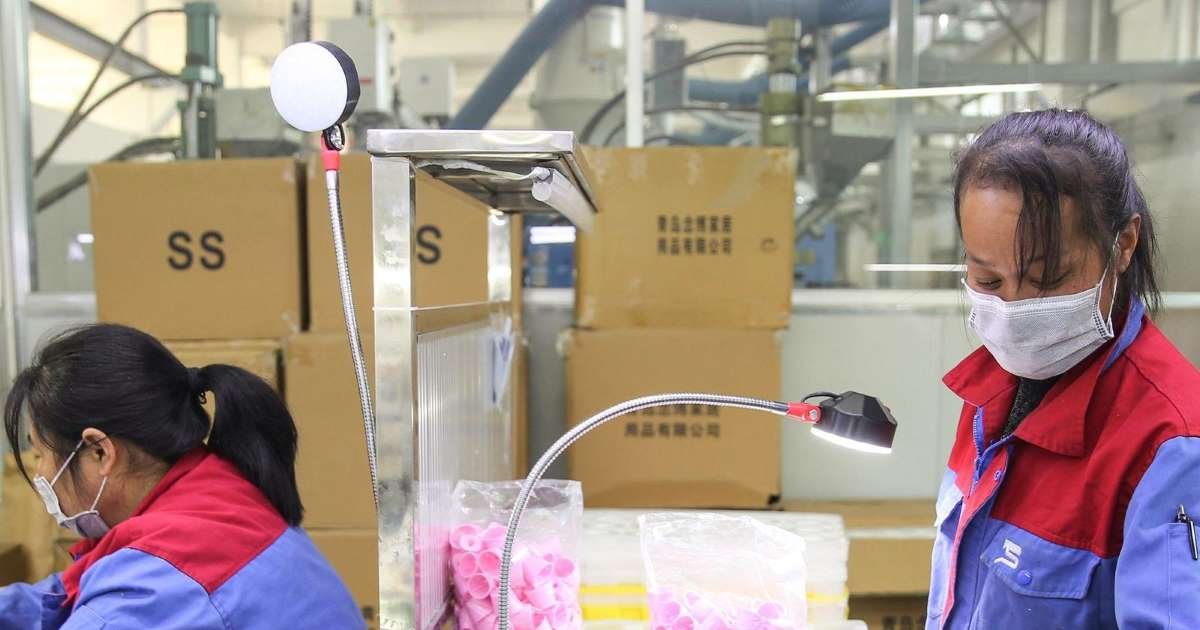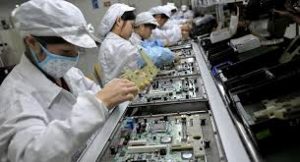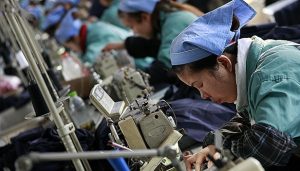Most of the Chinese workers that have come to the United States to work in factories and firms have acquired H1-B work visa, a visa valid only when the status of the holder himself/herself has a viable work option to sustain themselves.
As is most American laborers, the Chinese have suffered enormous cutbacks in the recent Corona pandemic, and many are not only left without a job, but also a sustainable visa entry position.
Not only is this detrimental for their current visa status for staying within stateside, but for their green card application and the permanent residency availability has been perpetually disturbed and wanton to be recovered.
On the official rules, the laid-off workers in the States have 60 days to file in for a status reevaluation, for example applying for student or tourist visa. Or they could try to find a new workplace and its boss who would be opting for a sponsorship even in these circumstances.
Some wanted to go back to their homeland, as some would opt them to do so, but there is no available direct flight during this month, only transfers. And such multi-transfer flights heightens the risk of infection, which makes many to ponder their life-or-death options.
Some have even reached out to the means of applying for a university, desperate to hold some status change that would not threaten his/her survival within the U.S. borders.
Chinese authorities and the air traffic controllers are also not helping out with the situation, as their main focus now is to prevent outside influx of potential virus holders. The allowed number for airborne passengers have now been limited to 4000 a day across the whole Chinese airspace as of quarantine policy, with flight averaging in 134 per week.
The gradual decrease in the supply of these flight options, with the inevitable increase in demand for the same produce, have skyrocketed the price range in an unprecedented levels, leaving many who want to take themselves back practically unavailable to buy tickets.
Currently the U.S. immigration authorities have done little to alleviate the pressure and the toils that these categorical laborers are facing in a life-or-death matter of their status renewal. Although taking into account of the fact that the Chinese nationals accounted for 15% of H1-B visas last year, and that the visa is the most common form of issual of employment visa, the US citizenship and Immigration Services have not activated a grace period, nor a legal support system.
The American Immigration Lawyers Association (AILA) have sent their official letter of disapproval of the status quo, and has called for extension of the said deadlines, even warning of “needlessly endangering lives.”
However, responses are yet to be seen, and these workers have nowhere to go, and in a terrible dilemma.
If you liked our articles, please LIKE, SHARE and COMMENT!
Replaced!




